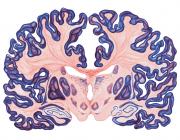November 30, 2022
Hear from Dr. Kastner as she covers Q&A with CNS' Lisa Munoz over topics ranging from her original start into cognitive science, the work she has done within the field, and the extracurricular activities that become an integral component of modern scientific research.
CNS 2023 Q&A: "When Philosophical Questions Turn to Neuroscience Experimentation"
Watch Dr. Kastner's interview with the host of Livestudyhacks, Rachel Stephen, as they inspire future generations of researchers through diving deep into the discussion of the brain's mechanisms of attention:
Part 1
Part 2
Part 3
September 9, 2021
Dr. Kastner meets with Scientific Sense Podcast host, Gill Eapen, to discuss a range of unique topics: A Rhythmic Theory of Attention, and its relationship to the spectrum of attentional disorders; the unique functionality of the human dorsal pathway and its evolutionary ties to higher order behaviors such as the process of tool making; bringing light to the continued gender inequities that exist in ascending levels of academia; and reviving the wonders of science through children’s involvement in the academic review process!
Podcast Link: https://podcast.scientificsense.net/S299
August 1, 2020
Dr. Kastner gave a talk at the 9th biennial conference, Neurizons 2020. Her talk focused on electrophysiological work of the primate attention network in recent years. Watch her talk here.
May 19, 2020
Dr. Kastner interviews with Voice of America's (VOA) Learning English on "Understanding Your Brain and Clutter". VOA's Learning English provides news and information in a language that is accessible to English learners. In her interview, Dr. Kastner describe our brains' high capacity for processing cluttered environments. She emphasizes that clutter is not necessarily a bad thing, and can even increase some people's work efficiency. Read the article here!
February 8, 2020
Members of NAPL visited Jose Marti STEM Academy to teach its students about Neuroscience! The students participated in demonstrations on brain anatomy, recording neural data from a cricket, visual and gustatory perception distortion, and eye-tracking. We had a great time learning with the students, and we hope to have another fun outreach event there in the future!
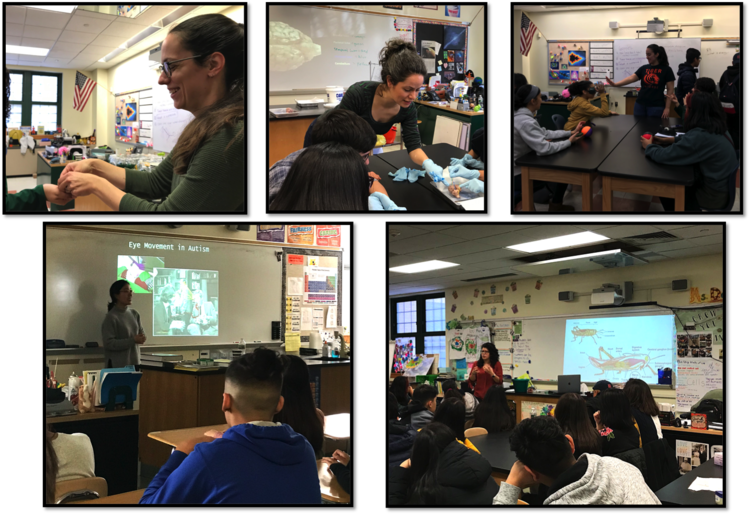
January 11, 2020
Dr. Kastner gave a lecture at the Science on Saturday event hosted by the Princeton Plasmaphysics Laboratory. The Science on Saturday events are geared towards exposing high school students to the sciences, but science enthusiasts of diverse ages attended. Dr. Kastner gave a lecture on the neuroscience of visual perception with a few demonstrations that engaged the audience.
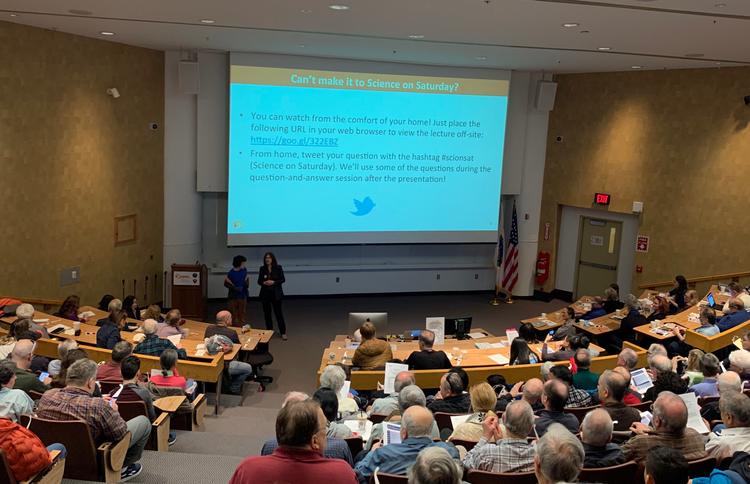
October 30, 2019
Dr. Sabine Kastner is the Editor-in-Chief of the journal Progress in Neurobiology. Watch Dr. Kastner's interview with Elsevier as she speaks on her vision for the journal here.
March 4, 2019
Dr. Sabine Kastner participated in the webinar "Why Do We Study Nonhuman Primates, and How is This Research Regulated?". The webinar discussed the importance of research with nonhuman primates as an animal model and how such research has contributed to the knowledge of medical phenomena and the human body. It also discussed the current policies in place that ensure animal welfare and safety. To watch the webinar, click here.
November 26, 2018
Dr. Sabine Kastner gave a presentation on visual perception for the monthly lecture series Science on Tap. Her lecture, Visual Perception: The Art of the Brain, delved into how the brain processes visual information in a way that is creative-- or, one may say artistic!
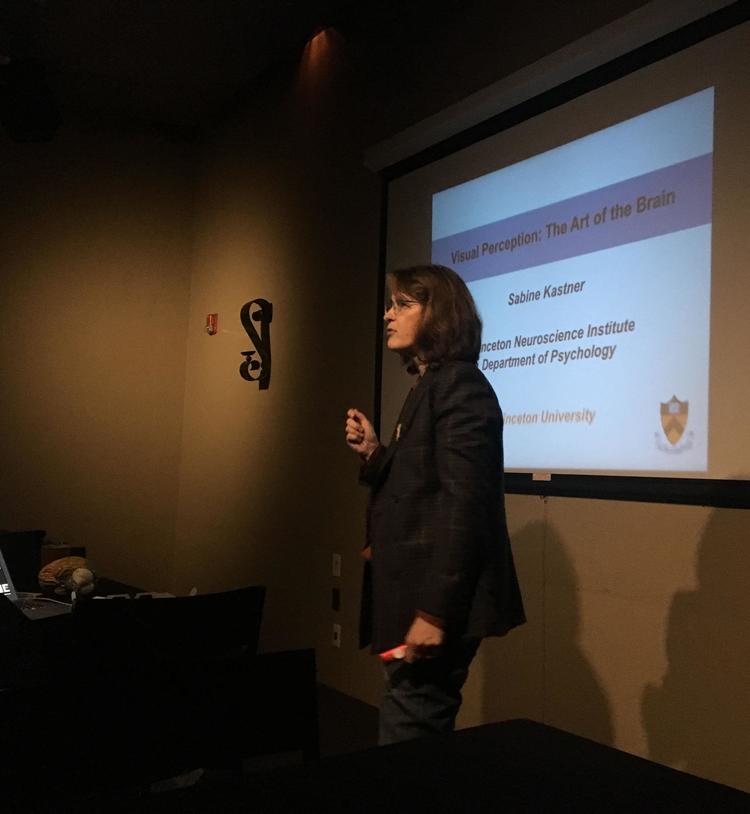
November 19, 2018
NAPL Kids Project visited a third grade science class at the Princeton Friends School. After learning about the brain, the children did a fun eye-tracking experiment. They learned about how their eyes move differently while seeing a picture of Harry Potter's face or reading a short paragraph. We had a great time with the class, and we hope to have another fun outreach event there in the future!
April 29, 2018
Team Kids set up a booth in front of Nassau Hall for the annual Princeton Communiversity. Families tried on perception distortion goggles and found that tossing a ball at a target was not as easy as they thought! Through trial and error they learned to correct for the distortion and eventually hit the target. We hope to see you at the next Communiversity!
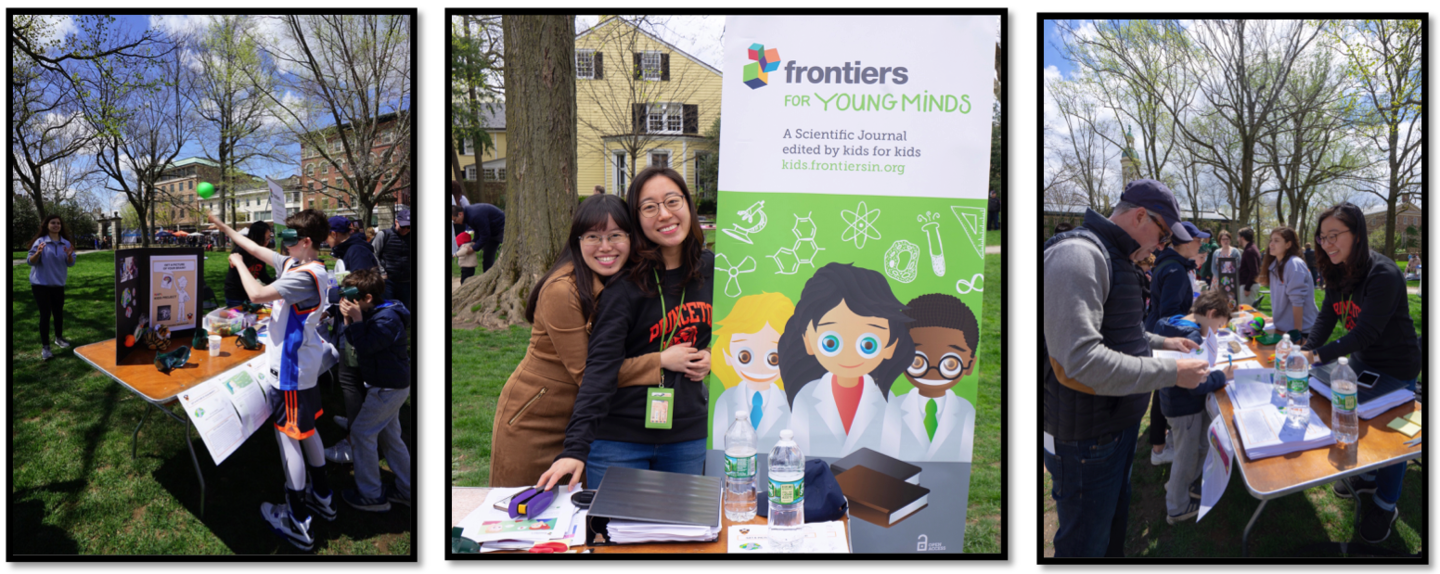
June 9, 2016
Fifth graders from Riverside Elementary school experienced a fun-filled day at PNI learning about the brain. NA&PL members gave exciting presentations and live demonstrations of EEG and real-time fMRI. Thanks to Rafael Caruso, Na Yeon Kim, SuKeun Jeong and Mark Pinsk for making the day so informative and fun for everyone !
June 15, 2015
The human brain is perhaps the greatest remaining mystery in the biological sciences, and despite decades (centuries, even) of research, we are only scratching the surface. But new high-tech tools and a healthy dose of funding via the Obama administration's BRAIN initiative mean neuroscience and a hundred related fields will be getting the attention they deserve. NBC Learn, in collaboration with the National Science Foundation, has documented this big push in its new series, "Mysteries of the Brain."
May 27, 2015
Third graders in Mr. Eastburn's science lab at Riverside Elementary School are "brainiacs" after a recent visit from neuroscientists Sabine Kastner, Michael Graziano, and Joel Finkelstein of the Princeton Neuroscience Institute.
The kids learned about different brain regions and information processing, and assembled models of brains. Everyone was enthralled to learn that a person might not be able to process memories if their hippocampus is damaged, that the region of our brain in charge of vision is located the farthest away from our eyes, and that human brains are so good at developing plans for the future because of our frontal lobe. The experience was a wonderful and unique opportunity to get students thinking about (and with) their brains!

